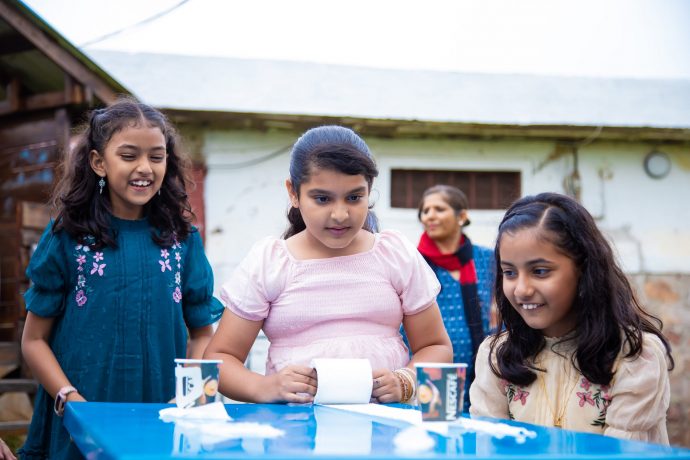
Gender Disparities in Education: Empowering Girls in Pakistan
Introduction
In a world that is progressively focusing on achieving gender equality in various aspects of life, there remain regions where disparities in education between genders continue to persist. Pakistan is one such country where gender disparities in education have been a longstanding issue. Gender disparities in education are deeply rooted in the traditional norms and values of Pakistani society. These disparities limit girls’ access to educational opportunities, perpetuating a cycle of disadvantage and inequality. This article sheds light on the challenges faced by girls in Pakistan in accessing quality education and explores the initiatives that empower them to break the barriers and realize their potential.
Educational Challenges Faced by Girls in Pakistan
1- Lack of Access to Quality Education
One of the primary challenges facing girls in Pakistan is the limited access to quality education. Many rural areas lack adequate educational infrastructure, making it difficult for girls to attend schools. Additionally, the quality of education in some regions is subpar, leaving girls with an inferior learning experience.
2- Sociocultural Factors
Sociocultural factors play a significant role in gender disparities in education. Deeply rooted stereotypes and cultural norms often discourage families from sending their daughters to school. Early marriages and domestic responsibilities also hinder a girl’s educational journey.
3- Economic Barriers
Economic factors further exacerbate the issue. Families struggling to make ends meet may prioritize educating their sons over their daughters due to financial constraints especially in the present era of such high inflation. This unequal distribution of resources creates an educational gender gap.
Initiatives Empowering Girls in Pakistan
1- Government Programs
The government of Pakistan has recognized the importance of addressing gender disparities in education. Several programs have been initiated to encourage the education of girls, including cash transfer schemes, the establishment of girls’ schools, and scholarships to promote female enrollment.
2- NGOs and Nonprofits
Non-governmental organizations (NGOs) and nonprofits also play a vital role in empowering girls in Pakistan. These organizations work tirelessly to improve access to education and create a supportive environment for girls. Their efforts range from building schools in underserved areas to providing vocational training for girls and young women.
Impact of Girls’ Education on Society
1- Breaking the Cycle of Poverty
Education is a powerful tool for breaking the cycle of poverty. When girls receive a quality education, they are more likely to secure better job opportunities, improving their economic prospects and that of their families.
2- Improving Health and Well-being
Educated girls tend to make informed decisions about their health and well-being. They are more likely to access healthcare services and adopt healthier lifestyles, leading to improved overall community health.
3- Fostering Empowerment and Leadership
Girls who receive an education develop confidence and leadership skills. This empowerment not only benefits the girls themselves but also contributes to the development and progress of the entire society.
Encouraging Change Through Awareness and Support
Advocacy and Awareness Campaigns
Advocacy and awareness campaigns have a crucial role in addressing gender disparities in education. By raising awareness about the importance of girls’ education and advocating for policy changes, these campaigns can bring about significant change.
Community Involvement
Communities must be actively involved in promoting girls’ education. Local support can help break down cultural barriers and encourage families to prioritize their daughters’ education.
Gender disparities in education in Pakistan is a complex issue, deeply entrenched in societal norms and economic disparities. However, with the collective efforts of government programs, NGOs, and nonprofits, there is hope for a brighter future. Empowering girls with education not only benefits them but also has a profound impact on society as a whole.
In conclusion, empowering girls in Pakistan through education is not just a matter of equality; it is an investment in the nation’s future. By addressing the challenges, raising awareness, and providing support, we can create a more inclusive and prosperous society where every girl has the opportunity to fulfill her potential.

Content writer, educationist, teacher, researcher, social media manager, and a SEO manager from lahore. She has been working as a freelance academic and non-academic writer for more than 20 years now. She has a passion to learn new things and has a knack for writing and she combines both things to produce write ups she pours her heart out in.

